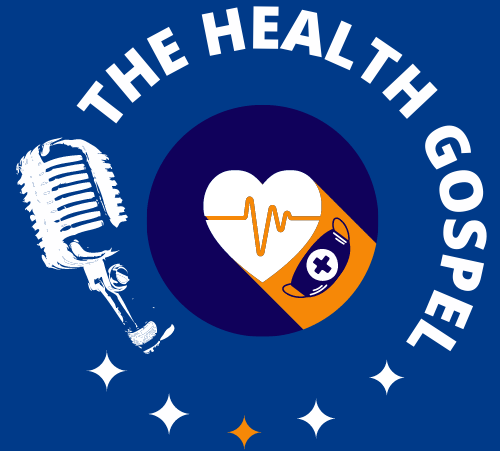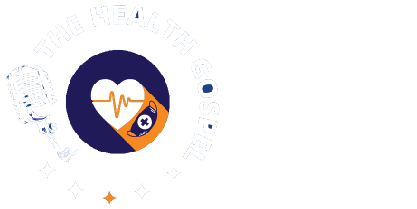
Confusion in Elderly - Series 2
The causes of confusion in a young or older adult differ. This difference is a result of a weaker immunity as you get older. In the previous article, we outlined the various causes of confusion in the elderly. In this post, we will explain how infections cause confusion and symptoms in the elderly.
How infections cause confusion
In the elderly, the immune system undergoes changes that reduce its ability to fight infections. The immune system’s response to germs brings about fever and other typical symptoms of infection. However, in seniors, this process does not occur as normally expected, hence the lack of fever and pain when they have an infection.
Older adult brains are more prone to the harmful effects of substances released due to infections.
Symptoms of confusion in the elderly
- Reduced ability to focus or pay attention to one activity at a time. They are easily distracted
- Reduced awareness or loss of understanding of their environment. For instance, they might drop their dishes in the bathroom instead of the kitchen.
- Changes in behaviours between the day and night time. Seniors might show more symptoms of confusion in the evenings and early in the morning than in the daytime.
- Inability to see objects as they appear (problems with perception)
- Inability or difficulty with recalling events and conversations within a short time (minutes to hours)
- There might be evidence of substance intoxication, such as bottles of alcoholic drinks around the house with an alcoholic breath. The presence of used packs of opioids or sleep medications might indicate an overdose or withdrawal.
- Urinating on themselves may be the only symptom that points to a urinary tract infection as a cause. UTI makes up almost 50 per cent of infectious causes of confusion in older adults. Chest infections closely follow this.
- Difficulty breathing on little exertion can point towards a chest infection as a cause of delirium. Seniors typically do not have a cough.
- Agitation and aggressiveness are not proportional to the offence or in the absence of irritation.
- Seeing or hearing voices that others do not see or hear (Hallucinations)
- Difficulty with communication.
- Excessive sleeping or reduced sleeping hours
- Generalised body weakness and withdrawal
Risk factors for confusion in the elderly
Some persons have higher chances of having acute confusional states than others. Conditions that make delirium more frequent are as follows
- Gender: Females are more likely to have UTI because they have a shorter urethra which is very close to the buthole, and stool easily gets to the urethral opening (where urine comes out from), causing infection. In addition, women are more prone to immune-mediated diseases such as rheumatoid arthritis, which reduce immunity even before the senior age group.
- Co-existing medical conditions including diabetes mellitus, malnutrition, and chronic kidney disease.
- Urinary incontinence from nerve problems
- Urinary retention either from prostate enlargement or significant growth in the lower tummy or narrowed urethra.
- Benign prostate hyperplasia (BPH) increases the risk of UTI.
- Use of many drugs for various illnesses. Some seniors have two or more chronic diseases.
- Overuse of antibiotics
- Various types of cancers
- Cancer drugs can reduce immunity.
- Constipation
- Having a urinary pipe (catheter) in the urethra for over two weeks.
- Recurrent urinary tract infections
- Dementia and cognitive impairment.
When you notice these symptoms, you must take the person to their healthcare provider. The senior urgently needs medical evaluation while on admission to a hospital. A confused senior is unlikely to recognise there is a problem and would need help.
Next week, we will discuss the treatment of confusion in the elderly.





